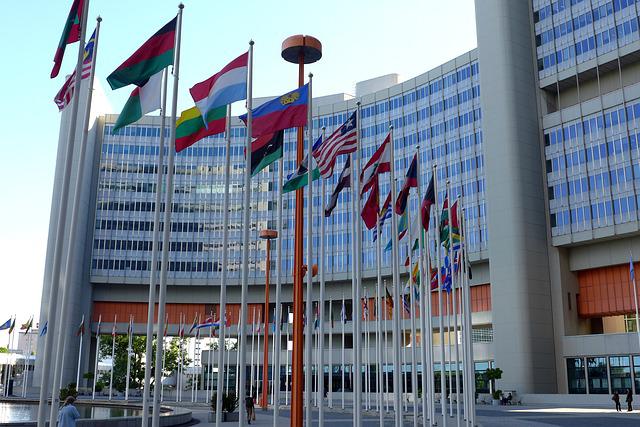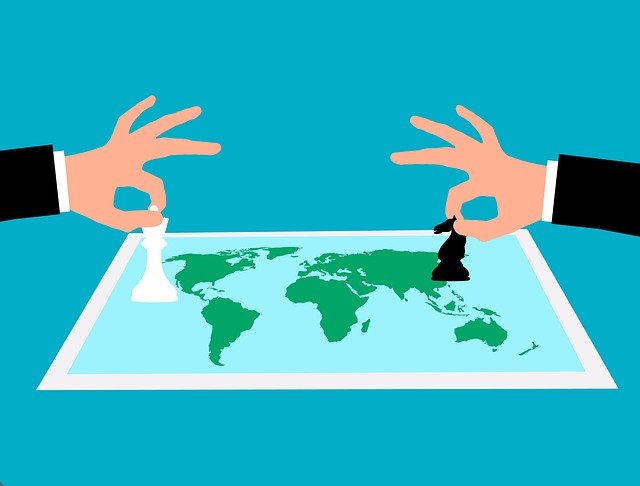
Diplomacy studies the relationships between countries.
Diplomacy is the science that studies the relationships and interests of some nations with others . This concept is also used to refer to the way in which States manage their international relations.
For example: “My niece is a specialist in Diplomacy and works as an advisor to an embassy” , “Dr. López is a very capable man, but he has no skill in diplomacy” , “The government should appoint more competent officials to improve their diplomacy.”
Different uses of the term diplomacy
The notion, therefore, implies various ideas associated with this area. Diplomacy refers to understanding, the willingness to dialogue and understanding applied to international relations.
The negotiations that take place between States are known as diplomacy. Diplomacy involves the search for agreements and presupposes the existence of good will between the parties. When diplomacy fails, international relations reach other instances that may include the use of force or a military conflict ( war ).
In everyday language, diplomacy refers to dissimulation or self-interested courtesy : “I understand that you don't like the boss, but you have to approach him with diplomacy,” “I'm not good at diplomacy, since I prefer to tell the people, things are the way they are,” “With diplomacy, Martín made Luz understand that he did not share her way of acting.”

Diplomacy is key in international politics.
Functions that a diplomat must perform
A diplomat is an agent who is hired by a certain State (called the accreditor ) to be its spokesperson in another State (which is called the recipient ) and mediate relations between both governments . It must seek to develop a relationship of complicity with the receiving country and ensure that relations between the two are peaceful and positive for both involved. The ambassador and the consul are examples of diplomats.
Its functions can be diverse ; However, they are divided into two large groups, which we mention here:
*Normal functions : It must protect the interests of both States, staying away from rebellions or baseless fights. Can't get emotionally involved; His job is to mediate in such a way as to ensure friendly relations between both states. In addition, it must perform consular functions, promoting a fluid acceptance of the rights of both States in the opposite country.
*Exceptional functions : When a third State appears in the equation, the diplomatic agent must also represent its interests , both before the Crediting State and the Receiving State. However, you should always remember that your emotional involvement should not have a place because, otherwise, it could endanger the relations between any of the States involved .
Diplomacy and peace
The work of diplomatic agents is essential to preserve peace in the world ; Therefore, it is necessary for different countries to seek the incorporation of mentally healthy people to carry out these tasks; so that they always advocate for a peaceful relationship that does not risk the lives of the citizens of those States that are involved in their diplomatic work.
Beyond the political convictions of each country, having a group of experts in diplomacy for the development of its relations with the world can be essential to stay safe from wars and, above all, to ensure free commercial and cultural communication. and social with the different countries that make up the world.
Some of the diplomatic careers par excellence are: Political Sciences, Technical and Financial Cooperation and Consular Law. To access jobs it is necessary to be registered in the country where you want to work and apply for vacant positions in the way in which applications are made in each State. In some countries, such as Spain, to be able to access them it is necessary to pass the oppositions in diplomacy.
